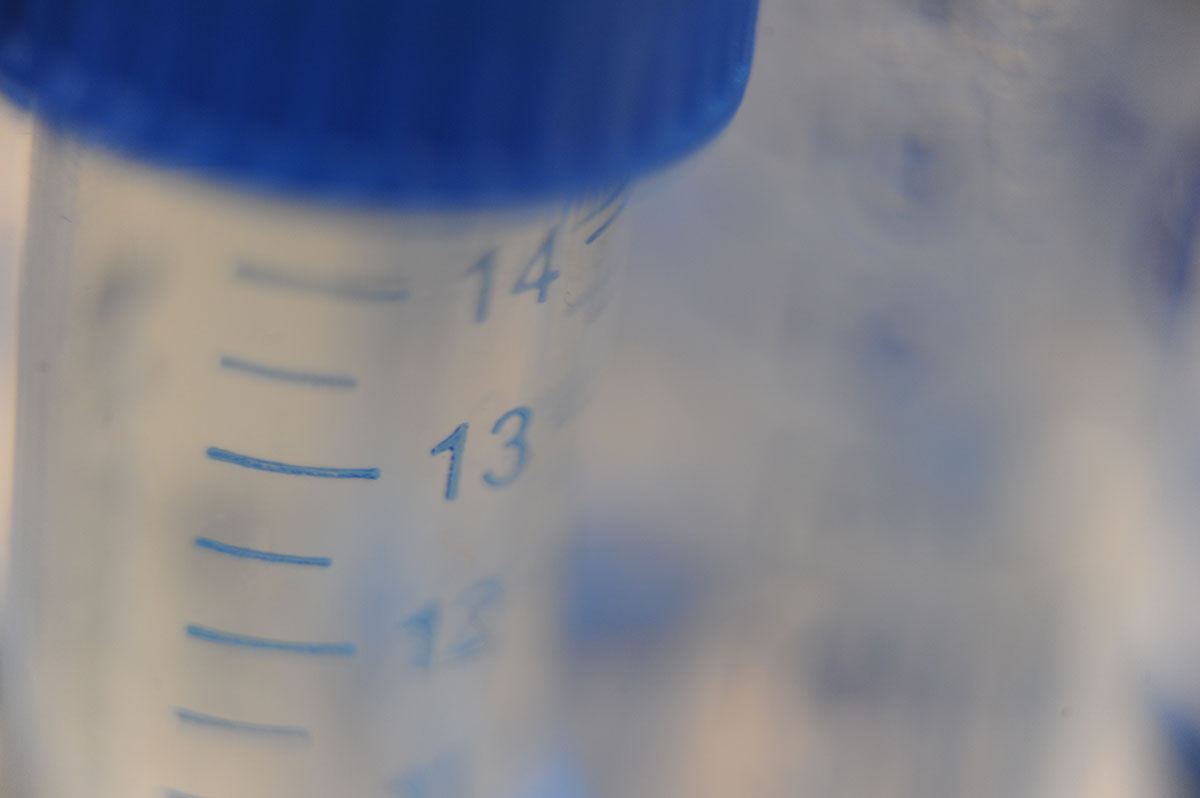Dr. Temple Grandin and the Importance of Getting Kids Outside
 heath.isbscience.org/2021/06/11/dr-temple-grandin-and-the-importance-of-getting-kids-outside/
heath.isbscience.org/2021/06/11/dr-temple-grandin-and-the-importance-of-getting-kids-outside/Dr. Temple Grandin was the featured guest of the latest ISB-Town Hall Seattle Science Series. Grandin joined us from her home in Colorado to discuss her new book – “The Outdoor Scientist: The Wonder of Observing the Natural World” – and a variety of other topics. Following her presentation, she joined ISB President Dr. Jim Heath for a wide ranging Q&A discussion.
You can watch their conversation by playing the video above, or by going here.
Grandin is a New York Times bestselling author, renowned scientist, respected spokesperson for autism, inventor and pioneer. The actress Claire Danes played Grandin in a 2010 movie titled “Temple Grandin.”
Grandin focused on the importance of kids observing and exploring outside. “We need to be getting kids outside doing things,” she said.
Additionally, she spoke about the different ways humans think. “Scientifically, I am an object visualizer. Poor at algebra. Think totally in pictures,” she said. But she also highlighted spatial visualizers (“good at music, good at math, good at all the things I’m terrible at”), verbal thinkers, and auditory thinkers, noting that there can be mixtures of these thinking types.
From Michaelangelo to Musk
Grandin cited several examples of how different thinkers contributed to some of the biggest advances in humanity. She showed a photo of the Mars Rover camera, and pointed out the intricate wiring that was done by hand. “You need the visual thinker like me that might make those on a workbench, and then you need the mathematicians to get the spaceship to Mars. You see, the different kinds of minds are complementary.”
She pointed to some of the most famous minds – from Michaelangelo to Thomas Edison to Albert Einstein to Steve Jobs to Elon Musk – and noted factors from their childhood. Einstein, for example, didn’t speak until he was three years old. Edison was called “addled” and was a high school dropout. “He probably had autism,” Grandin said. “What would have happened to him today? He probably would have gotten in all kinds of trouble.” She also mentioned Musk, who announced he had Asperger’s while hosting “Saturday Night Live.” Grandin held up a book written by Musk with several sticky notes in it, and said: “These are six-year-old Post-It notes. I put those in there right after the book was published to mark the parts of the book I thought he was autistic … Well, he’s having a pretty successful life.”
‘You Need All Different Kinds of Minds’
And she made the case for reinstating classes that have been removed from schools, including home economics, wood and metal shop classes, drama and theater classes, and more. These types of classes, she said, expose kids to different things they can do.
“How is a kid going to find out he likes computer programming if he’s not exposed to it?” she asked. The exposure is necessary, even if kids don’t pick up everything. Grandin said that she and Bill Gates were exposed to the exact same computer. “He took off on it. I could log into it but that’s about it,” she joked.
The common theme of the evening with Temple Grandin was the importance of acknowledging and embracing various ways of thinking. “You need all different kinds of minds,” she said.
About the Science Series
ISB and Town Hall Seattle have put on a number of virtual events focusing on a range of important scientific issues: Why we age (and why we don’t have to), STEM policy and advocacy, the politics of immunization, mining sewage to track population health, creating new senses for humans, and more.
We will continue creating compelling events. To make sure you know of upcoming conversations, please follow us on Facebook, Twitter, LinkedIn and Instagram, and be sure to sign up for our newsletter for event updates.




